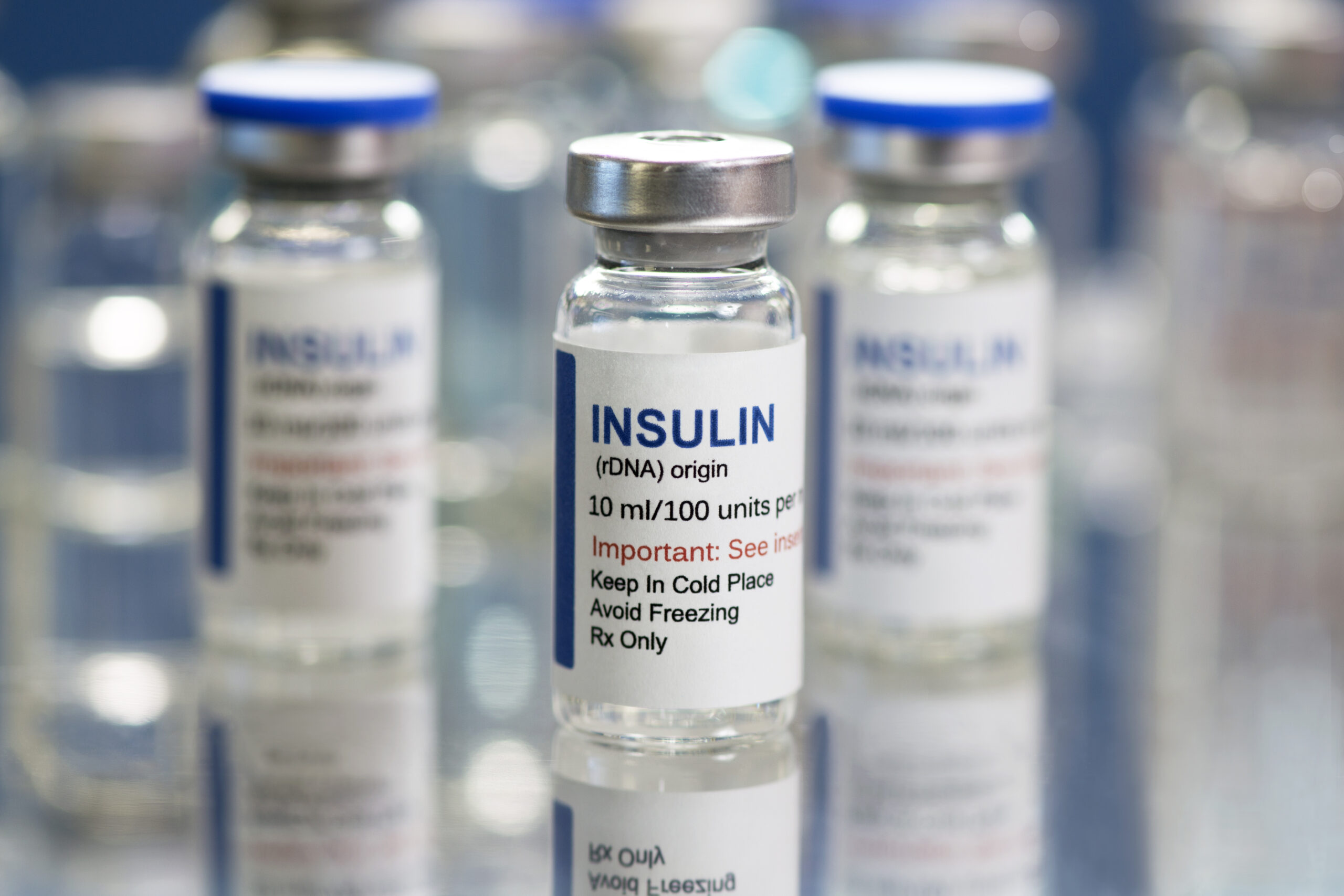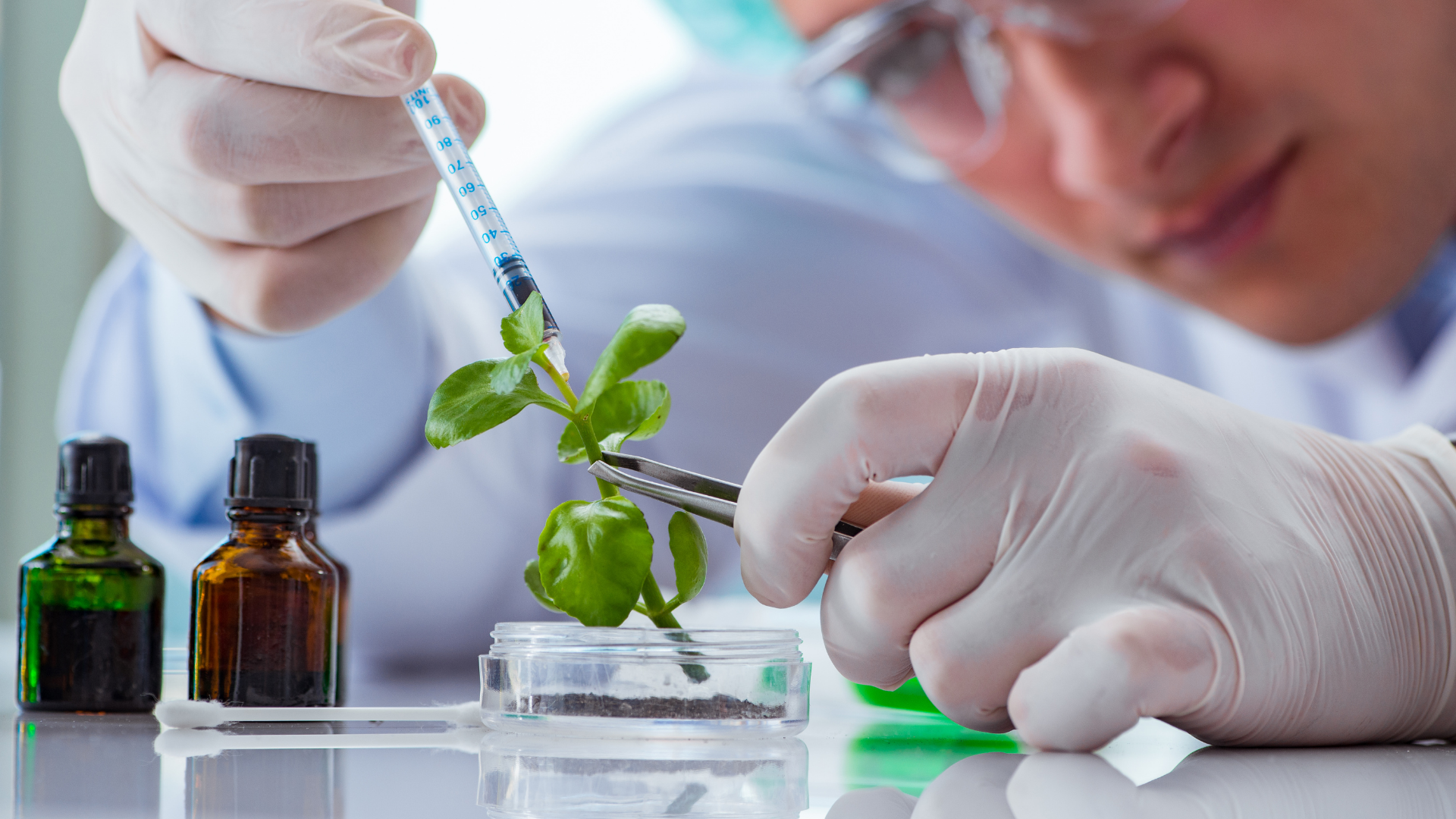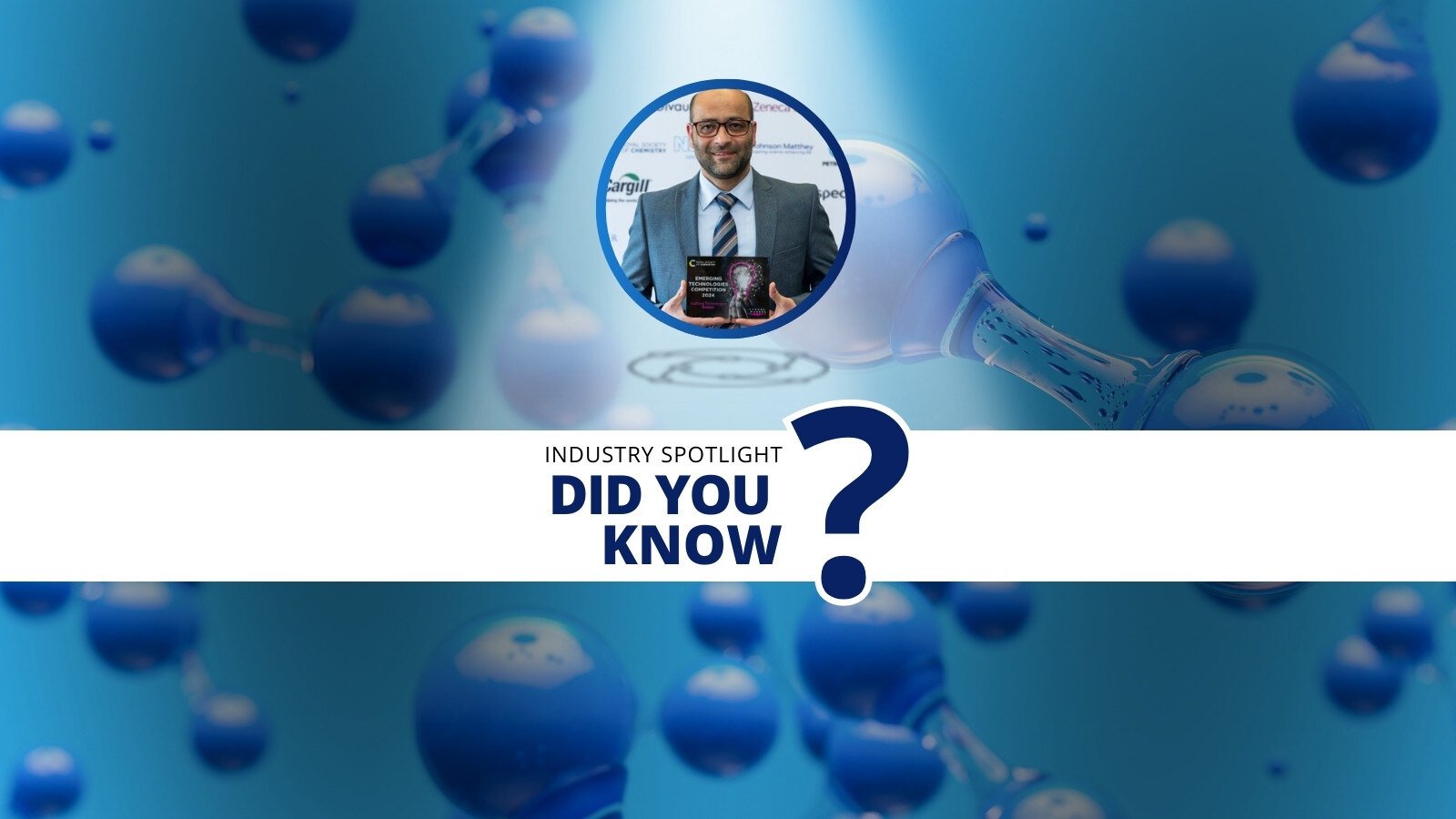Diabetology’s Oral Insulin Has Success in IIb Clinical Trial

An interview with Dr Roger New, Co-Founder & Chief Scientific Officer of Diabetology Ltd.
At Oxford Global's Biologics 2021 conference, Dr Roger New of Diabetology Ltd, conducted a fascinating discussion on the oral delivery of peptide therapeutics. Oxford Global met with Dr New to further discuss Diabetology's work in the area and find out more.
For those that rely on peptide therapeutics, such as patients with diabetes, the necessity of injection for these treatments can cause physical and psychological discomfort. Showing significant promise in alleviating this discomfort, Dr New outlined data from Diabetology's game-changing phase IIb clinical trial on the oral delivery of insulin. Diabetology's clinical trial demonstrates that orally delivered insulin may be just around the corner. This could potentially put an end to the uncomfortable regular injections which patients thought would always be a part of daily life. Because oral insulin is also very safe, it can be given early in the progression of the disease, with potential for improvement in prognosis.
Oral Peptide Delivery for Insulin Therapy
Peptides are reliable and safe medicines, says Dr New. "Potentially more benign, more efficacious, with fewer side effects compared with the current small molecule approaches which have been developed so far", he confirmed. "Particularly peptides which are natural products of the body, or which are designed to mimic the effects of natural products", Dr New added. This is because so many interactions in the body take place between peptides, therefore peptide therapies emulate the body's natural chemistry.
However, as large molecules, they're fragile and easily broken down by the digestive system, so for now, they must be taken as injections. This becomes a problem because peptides are often medicines that need to be administered regularly. "Diabetes, ageing, osteoporosis, osteoarthritis, rheumatoid arthritis, all of those are chronic diseases", Dr New explains, "these are therapies which need to be given again and again, and again." Dr New added that oral delivery is therefore enticing because "injection is something that people want to avoid". People would rather take these medicines as tablets than have them injected.
Three Barriers to Oral Delivery
Thanks to enteric coating, the low pH of the stomach is not a big concern for the oral delivery of peptides. Instead, Dr New outlined three more significant barriers that the digestive system causes:
"The first is the protease, the breakdown of the proteins by proteases, such as trypsin, chymotrypsin, elastase, and carboxypeptidase. And they're all very active, and they do a very good job, so you've got to prevent that happening."
Secondly, Dr New explained that the gut's thick mucin lining was a challenge. This mucin, a glycated protein, "is a physical barrier to the diffusion of molecules across from the lumen of the gut to the surface of the cells."
"The cells themselves" were the final challenge Dr New outlined. "The cells are joined to each other by tight junctions, so it's a very hermetically sealed structure. And so, you've got to get across those as well."
Triumphant, Dr New explains that Diabetology's formulation can overcome all three of these barriers: "We can inhibit the proteases, we can permeabilise the mucin, and our excipients stimulate the cells specifically to take up material into vacuoles, which then go across". Diabetology's formulation has so far proven to be successful, after their successful phase IIb clinical trial. "I think we've demonstrated that you can get materials across; it is efficacious; the bioavailability is substantial; it is sufficient to be commercially viable, and it is safe," said Dr New.
Innovations in Oral Delivery
When we asked what's next for oral delivery, Dr New responded that further efficiency could be a focus of improvement. "One could perhaps find some more excipients which would slightly permeabilise the mucin there a little more? Maybe be slightly better at inhibiting proteases? maybe stimulate the cells more?" However, Dr New stressed that tweaking the current formulation was not necessarily Diabetology's only area of innovation: "The exciting question really is what other innovations can you strap on to that? Can you add to that? And I think the area to go is receptor-mediated uptake."
Dr New described how receptor-mediated uptake may push Diabetology's formulation further still. "You can target a receptor on the surface of the enterocytes, which can then be internalised and can take the material away with it. That is possibly a method that can increase the efficacy still further above what we've seen. It's one of the things that we're trying as well."
To the relief of millions of people who rely upon regular peptide injections, the discomfort of jabs may become a thing of the past. Diabetology's phase IIb trial on the oral delivery of insulin is a significant step towards this goal. More research into different peptides and their oral delivery may be next.
To see the latest insights into the future of peptide delivery, please consider joining Oxford Global's Biologics UK conference.
Speaker Biographies
Roger New studied chemistry at Oxford and obtained a PhD in immunology at St Mary’s Hospital, London, before going to work in Liverpool for 14 years, first at the Department of Biochemistry, then at the School of Tropical Medicine and Hygiene. His research activities have centred on the creation of new technologies to improve the therapy of disease, during which time he has devised patented approaches to oral peptide delivery, vaccine carrier systems, and a technology for discovery of new therapeutics. He has acted as expert advisor in numerous institutions at home and overseas, has written a textbook on liposomes, and is honorary lecturer in Pharmaceutics at Kings College London.
Related Resources







